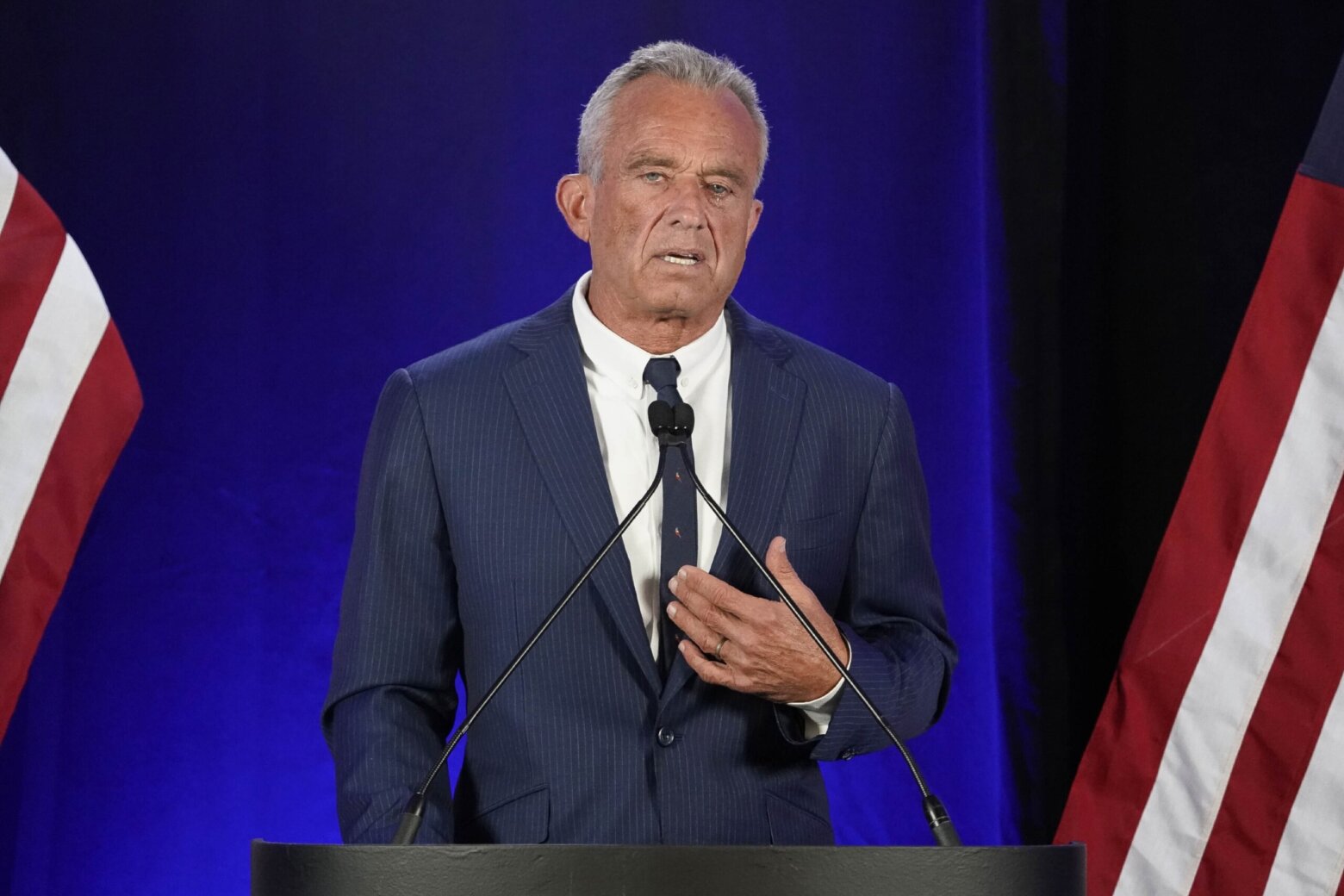LONDON — Margaret Zhang, who is currently attending Milan Fashion Week, will leave her post as editorial director at Vogue China at the end of March, confirming an earlier report in WWD that her contract with Condé Nast expires in spring 2024.
A message from Anna Wintour, Condé Nast global chief content officer and Vogue editor in chief, sent to staff at Vogue China on Friday evening said the search for a successor is on the way, while Zhang has decided “to transition to a new chapter in her career after many contributions at Vogue China.”
Wintour, who picked Zhang during the COVID-19 pandemic among a cohort of digital-savvy candidates, said it is her “top priority to find a visionary new leader without delay.”
As first reported by WWD, the Chinese edition of the fashion title has been seeking a deputy editor since last November.
Industry sources said Chen Bo, a veteran editor at Esquire China, is a frontrunner for the role, which essentially oversees the day-to-day operations of the magazine.
WWD has reached out to Condé Nast for comment.
The deputy editor job itself is not dissimilar to the role of head of editorial content, which has been given to the heads of all other directly operated international editions of Vogue under the singular vision of Wintour.
Zhang’s departure exposed the downside of Wintour’s vision of having one unified voice across so many regional editions that are not bound by the same culture. In markets like China, a thorough understanding and respect for the nuanced ways of doing things locally is the key to success.
According to industry sources, despite her effort to understand the complexity of the market and what today’s Chinese fashion consumers want, what Zhang delivered was seen as underwhelming by industry peers and online spectators, when compared to the quality of the output from her predecessor Angelica Cheng, or competitors like Wallpaper China’s owner Huasheng Media and MC Style Media, which runs the Chinese edition of W and Marie Claire.
Last year, she was publicly called out by Huasheng Media founder Chuxuan Feng on Weibo for being disrespectful to the Chinese market over model Du Juan breaking a non-compete rule introduced by Zhang.
Her business skills have been questioned on social media as several covers have gone unsponsored under her watch.
According to industry insiders, a Vogue China cover, while in theory is not for sale, can fetch at least 3 million renminbi, or $428,000, in sponsorship from top luxury brands. Having no one paying for a cover is extremely uncommon in the highly commercialized Chinese fashion magazine business.
The exit of Zhang also marks the latest senior leadership reshuffle in the last 12 months at Condé Nast, where rounds of protests also broke out due to layoffs.
Last September, Chioma Nnadi was named British Vogue’s head of editorial content, taking over responsibilities from Edward Enninful, who took on the new position of global creative and cultural adviser at Vogue and will also become an editorial adviser at British Vogue.
Vanessa Kingori, chief business officer at Condé Nast Britain and Vogue European business adviser, joined Google earlier this year as managing director of tech, media and telecoms.
Vogue China was the last remaining international Vogue edition operated directly under Condé Nast to have an editor in chief title besides Wintour herself.
However, in the title’s masthead, the job is listed as editorial director. In China, the role of editor in chief at Vogue China by law is reserved for the magazine’s local publishing partner, China Pictorial. It is one thing Condé Nast never clarifies in its communications outside of China.







